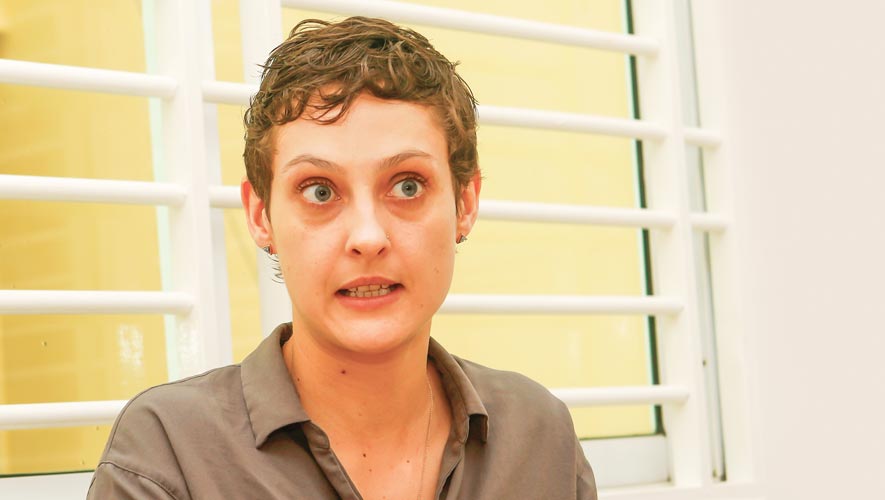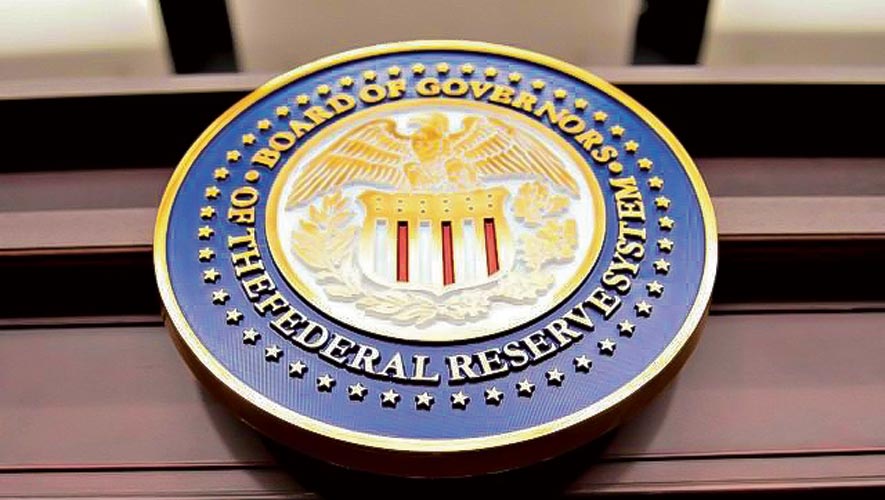‘Limited access to formal credit for women entrepreneurs’
For the latest Cambodian Business news, visit Khmer Times Business
Female small-business owners in Cambodia often find themselves in a Catch-22 situation: How does one get a loan without a credit history?
Throw in gender bias and the need to be a registered business and essentially most are locked out of the banking system.
That was the finding of an Aug. 21 report released by the International Finance Corp (IFC): “Exploring the Opportunities for Women-Owned SMEs [small and medium-sized enterprises] in Cambodia”.
The report states that although 61 percent of all businesses in Cambodia are female-owned or managed and 90 percent of SMEs run by women are profitable, only three percent are eligible for credit beyond microfinancing or personal loans.
Much needs to be done
It is estimated that the un-met demand for legitimate credit for female business owners is $4.2 billion.
The takeaway from the report is that much needs to be done to remedy the situation.
“Banks are overlooking this strategic segment,” according to the IFC report.
The IFC advises banks in Cambodia to demystify the loan application process, adjust collateral requirements and offer alternative lending conditions.
“Women-owned SMEs are known as profitable clients without undue risks, typically with lower default rates than their male counterparts,” writes Vivek Pathak, director of East Asia and the Pacific for IFC.
Hindrances women face
“However, as also seen in other emerging markets, our research in Cambodia reveals it is not the lack of business acumen but rather entrenched gender stereotypes, limited education opportunities and restricted mobility that hinder women entrepreneurs in Cambodia,” the report states.
The IFC report adds: “Most women in the country use their own funds to start a business or rely on informal sources and savings to expand their businesses. They have no other choice, as women are underserved by banks. While the report highlights that banks in Cambodia are overlooking this strategic customer segment, it reveals that women business owners in Cambodia are keen to borrow from banks to grow their businesses.”
Criteria that must be met
From their side, banks say they are doing what they can and want to lend, but they aren’t just handing out money. There are still certain criteria that must be met.
The report caught the attention of the National Bank of Cambodia (NBC) whose Director-General Chea Serey addressed the report upon its release and said finance is a critical tool to tackle gender equity and empowerment across ASEAN and beyond.
She encouraged banking and financial institutions to “tap this market segment by designing products that could help promote financial inclusion and achieve greater gender balance in the economy,” according to the NBC.
In Channy, chairman of the Association of Banks in Cambodia and President and Group Manager of Acleda Bank Plc, found the report’s findings surprising. “I don’t see the figures as accurate,” he says.
He particularly disagreed with the $4.2 billion figure.
Borrowers’ duties
According to a report from the NBC released on Aug. 1, the value of all outstanding loans in the country is now $21.5 billion, meaning that $4.2 billion equals nearly 20 percent.
In says the banks have the money to loan to small businesses, but borrowers have to get their financial houses in order.
That means being a registered business and having proper business documents and being able to demonstrate cash flow.
Tricky double bind
In a country where just 10 percent of businesses are actually on the books – two percent for women – it is a tricky double bind for both borrowers and banks, leaving most budding entrepreneurs having to rely on the microfinance industry (MFI) or friends and relatives for startup cash.
MFI is an informal industry that is currently in the spotlight for alleged predatory lending practices after two local nongovernmental organisations recently reported that 2 million Cambodians held about $8 billion in debt to MFIs. The MFI report produced by the NGOs Licadho and Sahmakum Teang on the alleged predatory practices of microfinance lenders has not gone over well with the government, which has described the industry as safe. The NGOs were called by the Council of Ministers to defend their report on Sept. 3.
Access to formal credit
In says access to formal credit is possible and banks are working hard to educate microbusinesses so they can grow.
“Banks can see that it is difficult for entrepreneurs,” In says.
He says that is why many are providing training on issues that need to be addressed, such as balancing books.
“Banks are doing that to help women.
“At workshops we encourage them to register and help them manage their finances,” he says.
In adds that it is in the interest of the banks to support small businesses as loyal partners.
“We like to provide loans if they qualify,” he says.
Financial education
Celia Boyd, the founder and managing director of SHE Investments (Support Her Enterprise), a Phnom Penh-based company focused on assisting budding female entrepreneurs make the jump from microbusiness to SMEs, knows this issue all too well.
It is one of the few organisations in Cambodia that is specifically designed for women business owners.
Boyd and her team have worked with more than 1,000 women entrepreneurs in Cambodia to grow their businesses.
“Ninety-nine percent of all the women we work with are in debt.
“The challenge is getting them out of debt,” she adds.
SHE’s goal is a gender balance in business and improving economic empowerment by creating sustainable long-term goals: more women running larger, sustainable and impactful businesses.
“We started the business because we wanted to see more women getting access to investment.
“We needed to build an ecosystem that supported women to scale up from the informal micro economy and create a pipeline of investment-ready businesses,” Boyd says.
Huge potential
Boyd is an Australian who has been in Cambodia for five years.
She says the untapped potential for female business owners is massive.
“It makes a lot sense to focus on this area,” she says, adding that the potential for the overall economy is huge.
As female businesses grow they hire more women and those women learn and start businesses.
“Our purpose is to build women’s confidence and their ability to provide for themselves, their families and their communities,” Boyd says.
She adds that the lack of access to formal credit is real, but she doesn’t necessarily blame the banks.
Like Acleda’s In, she agrees that business owners must have their finances in order to get access to formal credit. For that they need education.
“People get loans, but they don’t get education,” Boyd says.
She adds: “Starting a business is the hardest thing one can do in life.”




